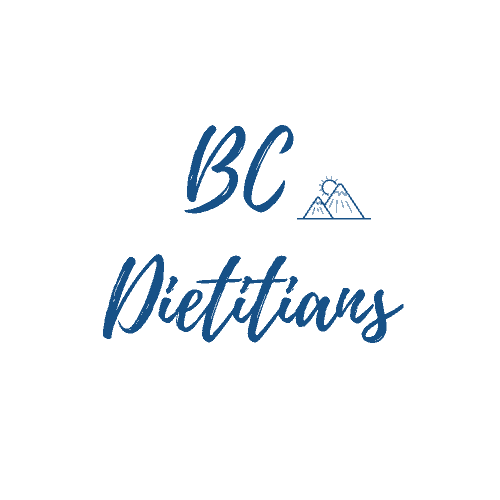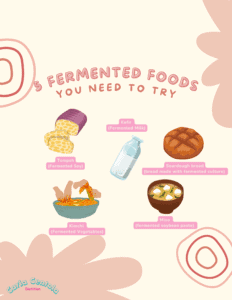Digestion is so cool – our bodies take the food we eat, pull all the nutrients out, and send them on their way to the muscles, organs, and more that need them the most – it’s a vital and important process.
It also makes gas, and that’s what bloating is. It’s very normal, and a byproduct of digestion!
Normal bloating can:
- increase throughout the day
- decrease overnight
- increase after a meal (temporarily)
Bloating after you eat does not mean you have a food intolerance or immediately gained fat within 15 minutes of eating a meal!
Bloating could mean that you:⠀
- ate too quickly⠀
- don’t chew your food well⠀
- drank through a straw⠀
- ate a larger portion of food
- drank something with carbonation (pop, beer, etc)⠀
- ate a high amount of sodium⠀
- chewed gum recently⠀
- are stressed⠀
- ate something that doesn’t sit well with you (i.e. my friends who are lactose intolerant & roll the dice on blizzards lol). You may also have a food intolerance!⠀
- are PMS-ing or on your period⠀
- need help improving your gut health⠀
- wearing very tight pants ⠀
When is bloating NOT normal?
If bloating is paired with abdomen distention (you look like you have a “food baby”), pain, nausea, heartburn, excessive gas, changes to bowel movements, persistent feedings of fullness, or the bloating/distention does not go away.
Is PCOS bloating normal?
Women with PCOS are at an increased risk for IBS compared to women without PCOS.
Changing your diet and habits can help you improve your feelings of discomfort and your bloating even if you do not have IBS; however, some women with PCOS will have both IBS & PCOS. You can read more about it in my other blog post.
Since no woman with PCOS is identical, I tailor each of my guidelines for women with PCOS individually to help improve their gut health and balance their hormones in my nutrition coaching program!
My Nutrition Treatment Plan for Women With Polycystic Ovary Syndrome (PCOS)
In any assessment with women, I am screening for signs of high androgen levels and high insulin levels. If I ever have concerns, I make recommendations for women to discuss their symptoms with their primary care provider since I cannot make any diagnoses as a Registered Dietitian. My goal is to treat PCOS in a holistic manner, help my clients navigate the healthcare system, and receive treatment for the “whole” of the condition vs. only 1 side such as fertility. I also try to help women understand their condition in a more thorough way, dispel any diet myths, and develop some compassion for themselves. It is a tough condition that is difficult to manage, beating yourself up or working with a health care provider who shames you in addition to these struggles is the last thing you need.
For women with PCOS and bloating or IBS:
- Many of the foods I would recommend to women with PCOS to help balance their blood sugar include whole grains, beans, lentils, soy, vegetables, and fruit. However, these foods can also worsen gut health symptoms for those IBS & PCOS.
- My nutrition assessment, tailored nutrition plan, ongoing guidance & support and helping clients navigate the healthcare system helps ensure my clients get the best nutrition treatment for PCOS or weight loss.
What should you do from here?
Save these tips / remember to come back here when you need them!
You can review the list next time you think you need to cut out food groups, or chug a detox tea, or skip a meal, or start a crash diet because you feel bad from bloating.
If you think you may have PCOS or IBS, it’s important to get diagnosed as early as possible so you can start treatment. A holistic approach to treating PCOS is often most successful, and I would be happy to chat with you about which treatment option might be best for you. Don’t suffer in silence – schedule your free Clarity call with a Registered Dietitian Nutritionist!







Add a comment